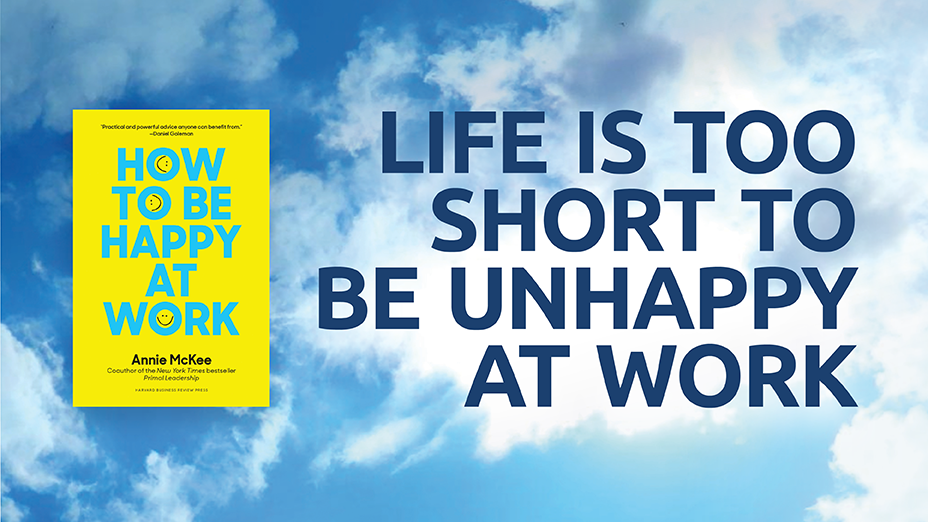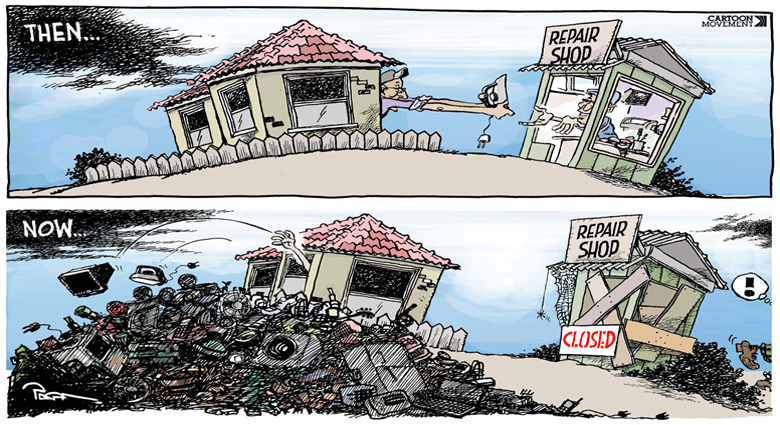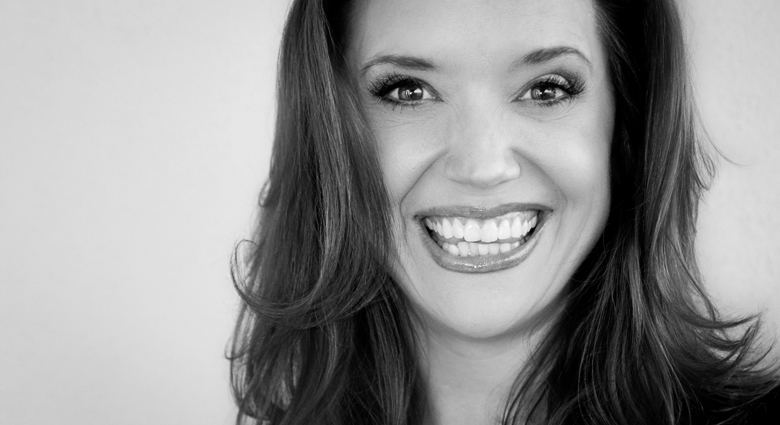Let’s say you think you’re funny. As far as you’re concerned, a sense of humor is one of your best traits. There’s just one problem: Nobody else thinks you’re funny.
This is indeed a problem. Humor is a two-sided exchange. It’s a feedback loop between you as the joke teller, and your audience. Humor doesn’t happen in a vacuum. It’s not enough to only consider how you see yourself . You must also consider how the world sees you . If nobody else thinks you’re funny... well, you’re probably not funny.
Humor is a two-sided exchange. It’s a feedback loop between you as the joke teller, and your audience.
Humor is in the eye of the beholder. So are likability, leadership, and a range of other subjective qualities that are rooted in the perception of others. You get a vote, but your listener has veto power.
How do others respond to you? Do they pay attention to what you say, or do they ignore you? Do they seek your opinion, or do they consider your ideas irrelevant? Do your words prompt clear action?
For example, you might see yourself as lovable , but if the world sees you as a coldhearted curmudgeon, there’s a disconnect. You might think that you’re respected or independent or practical , but if nobody agrees, you’re out of luck. You might see yourself as good with kids, but if small children cry and run to the other side of the street at the very sight of you, there’s a disconnect (as well as a serious impediment to any career aspirations you might have of becoming a birthday party clown).
By looking at yourself from the outside in, and systematically measuring the effect you have on your listener, you can become more influential and impressive.
My new book, "How the World Sees YOU: Discover Your Highest Value Through the Science of Fascination ," helps you see exactly what kind of impression you’re making, and how your personality adds value.
The science of fascination is based on my decade of research with 300,000 participants, including dozens of Fortune 500 teams, hundreds of small businesses, and over a thousand C-level executives. I discovered a way to measure your most fascinating traits. You might be surprised at the patters underlying your daily communication.
For a limited time, you can take the Fascination Advantage® assessment for free (normally $37). Here is your private code:
-> 1. Go to HowTheWorldSeesYou.com/YOU
-> 2. For the assessment code, enter ARTOF
It takes less than 5 minutes, and you can do it on your phone.
The custom algorithm will identify how others see you at your best, so that you can build your brand around your personality advantages.
If you've done a test such as DISC or StrengthsFinder or Myers-Briggs, you already know how you see the world. These were built on psychology. This is different. I built this system around branding, so you can see yourself from the outside in. As life becomes more crowded and competitive, it matters far less how you see the world . It matters far more how the world sees you, at your best.
Once you know what makes you valuable to others you're more authentic and confident, and more able to make a positive impression.
If you want your messages to be heard and remembered, if you want to share big ideas and important opinions, you need a full and accurate picture about how you’re actually communicating—and how others perceive your communication.
In the modern work world (unless you find yourself alone and shipwrecked on a desert island, where physical survival is your chief and only concern) you do need to know how to communicate and connect. If nobody hears or remembers your message, it failed.
Forbes magazine reported research findings that indicate that 85% of your financial success is due to skills in “human engineering,” your personality and ability to communicate, negotiate, and lead. Shockingly, only 15% is due to technical knowledge.
To understand what’s at stake here, let’s turn to the world of marketing.
What Great Brands Already Know
In my early 20s, I discovered the field of advertising and instantly fell head over heels. My personality felt custom-built for this profession: the creativity, the hallway brainstorming, the opportunity to create pop culture and invent taglines from a handful of ordinary words.
Right from the start, in my second year in the business, I was the most award-winning copywriter in the country. I opened my first advertising agency at age twenty-seven and went on to become a global creative director for major brands. Over the course of my advertising career, my clients broadcasted billions of messages through advertising campaigns for brands such as MINI Cooper, Nike, Godiva, Coca-Cola, and BMW. I studied every great agency, devoured books and magazines, and honed my craft so that I could develop new ideas for my clients. Advertising and I had a torrid affair for more than a decade.
Along the way, I learned how communication is received and interpreted, and which types of messages stand out in a crowded marketplace. Yet, that’s not the most important thing I learned. My experience in advertising taught me how to look at words and ideas through the eyes of others, and identify what others value.
I learned how the world sees you .
Advertising isn’t about what a company wants to say. It’s about what the market wants to hear about, talk about, and buy. When companies don’t listen to what consumers need and want and value, they can damage their own brand.
Brands know that having a great product or service means nothing-- if nobody buys it. The same is true for all of your communication, too. Writing a world-changing blog post means nothing-- if nobody reads it. Having a great idea means nothing-- if nobody listens.
Imagine you’re writing a blog post, intended to get donations for a nonprofit. You spend weeks researching and polishing this blog post on fund-raising. Your post is articulate. It’s insightful. It has the potential to change the model of nonprofit fund-raising. You want people to read it, share it, comment on it, apply your insights, and feature your post in other blogs or even major media. Above all, you want donors.
In a perfect world, this post deserves to be read. But if nobody reads the post, it will never fulfill its purpose.
So how can you make sure your messages are heard, remembered, and acted upon? The answer might surprise you.
It’s not about focusing on strengths .
It’s about focusing on your personality’s differences .
Difference is Better
You don’t have to CHANGE who you are. You just have to become MORE of who you are.
Different doesn’t try to turn you into something else. Different allows you to highlight the singular traits you already have within you. You aren’t necessarily better than your competition. But you are already different.
As conversations become more compressed, and the marketplace more crowded, you need to know how others see you and respond to you. Rather than just knowing your strengths, you need to know your differences.
You don’t have to change who you are.
You just have to become MORE of who you are.





.png)

%20(1).png)


What Did You Think?